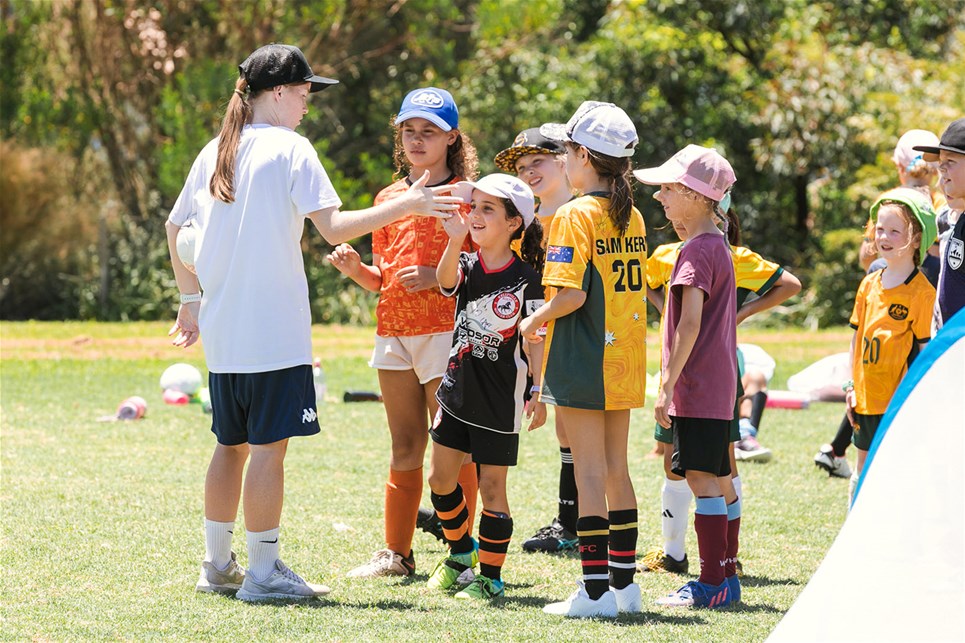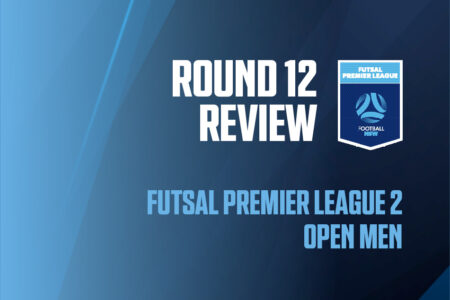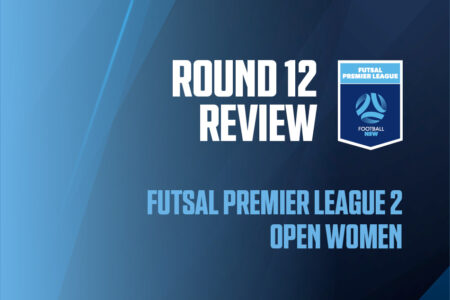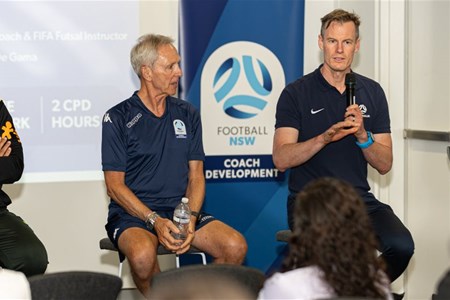Creating Positive Environments For All

With the start of the season underway it serves as a timely reminder to reflect on why we do what we do and what part we play in ensuring safe, fun and inclusive environments for the future of tomorrow to grow and develop. Every year we see too many young players walk away from the game because of a bad experience with a coach or a team.
As a coach or a parent, you have the unique opportunity to support players and how we conduct ourselves both during training sessions and on match days is critical. “The standard you walk past is the standard you accept”, so aptly put by LT. General Morrison.
Modern society places so many pressures on young people to be accepted and belong. Team sport should be a place where anyone at any level can be a part of a positive environment, respecting each other whilst finding the healthy balance of stretch and support.
Goal setting with players is a great way to get them to take ownership of what training and match day looks like. We have the opportunity to facilitate realistic goals that relate not just to the collective team but also individuals. Writing these up and keeping them as part of coaching equipment gives us a great tool to be able to go back to and remind the players of the goals that have been set. They were responsible for deciding on what they were, making them not only accountable but also ourselves as coaches.
These can also be shared with the parents, so they know what the team has decided on. Likewise, parents and guardians need to know what their responsibility is as part of the process. Our parents play a huge part of the journey and should be aware and understand the goalsetting process. Asking the players what standards parents should have is a great and can be very impactful in a positive way.
The goals set for the team can be general and based around respect for self, respect for others, player behaviour, parent behaviour, work ethic and time keeping. This also sets us up to work with the players on an individual basis working with them to clearly define their own individual development plans. These individual targets will give the players a great opportunity to self-reflect on their performance and what role they play as part of the team. These need not be exclusive to on the pitch and their technical and tactical development but also phycological and social, how they work as part of a team both on and off pitch. What is their responsibility to themselves at trainings and at match day and what they do away from the formal environment to help them grow and develop.
Creating connections with people and understanding them as individuals is incredibly important and aids massively in developing inclusive environments where everyone is encouraged to be curios. Do we know what life looks like outside of football for each player, what are their interests and what motivates them on a daily basis. What are some potential challenges. This allows us as coaches in collaboration with the player, to put together the individual action plans. Every player will have their own bar to reach. How do we set challenges where the bar is never too far out of reach and they are intrinsically motivated to reach it with a growth mindset approach.
Having regular meetings during the season with the players in small groups can also be impactful encouraging them to support not only themselves but also their peers. This will also act as feedback in a safe environment.
Setting some clear goals for everyone involved, reminding us all that sport should be fun, safe and inclusive will go a long way to ensuring that we open the door for all to be involved and because of the positive, challenging and rewarding environments we create keeping more people wanting to stay in the game fostering a lifelong love for the game we love.
Written by Warren Grieve – Football NSW Technical Director.


